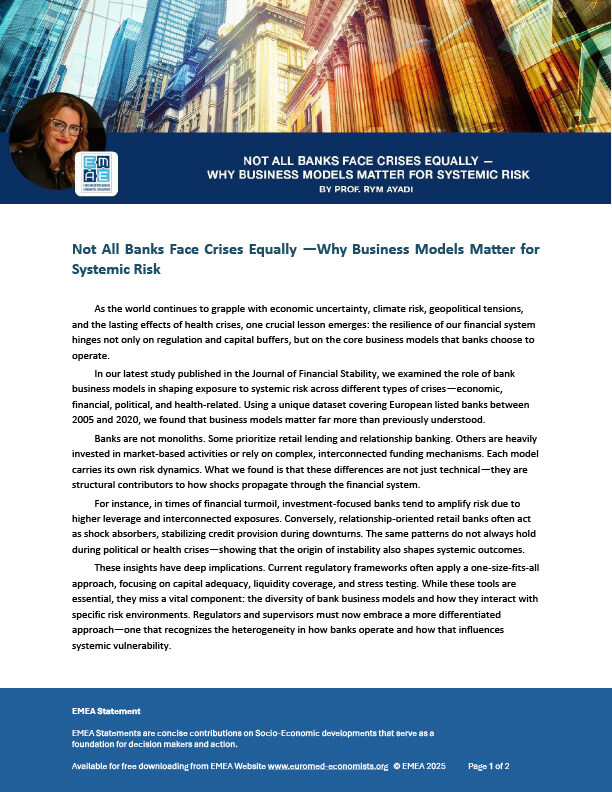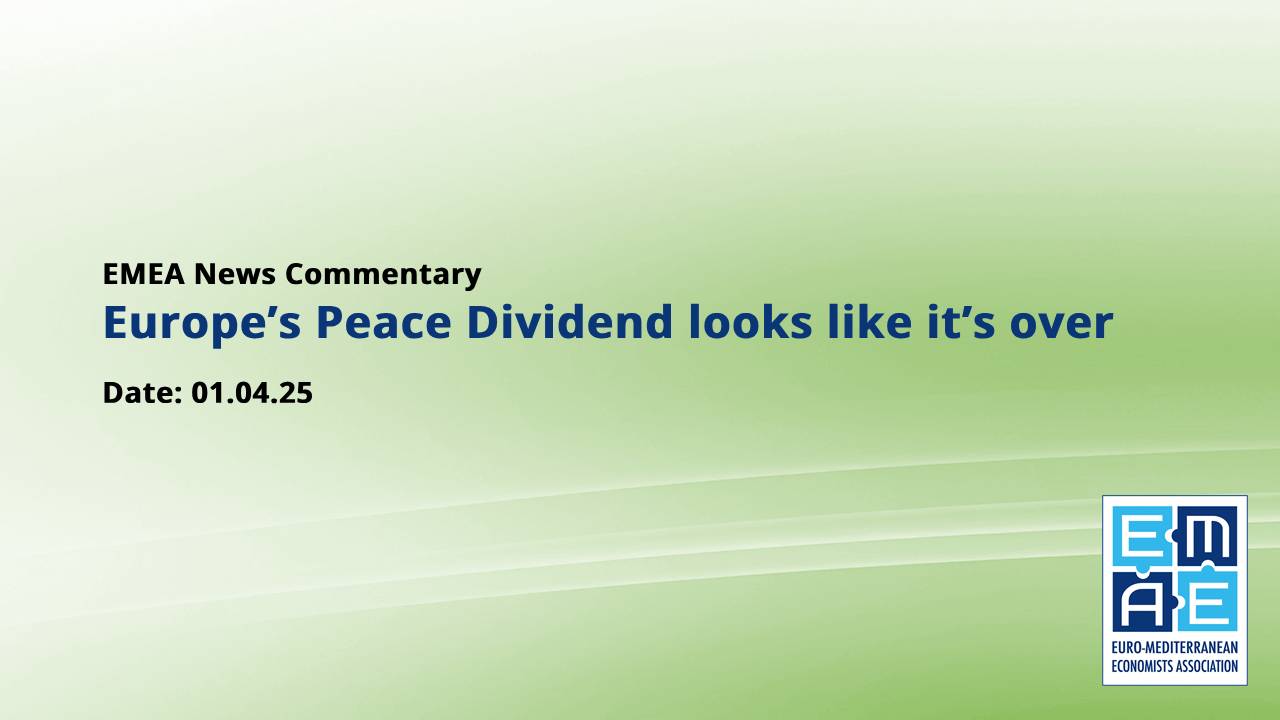It has been revealed that major carbon offset projects probably don’t reduce planet-heating emissions.
Many of these environmental initiatives have “fundamental failings” and “can’t be relied upon”, according to new investigation by The Guardian newspaper and Corporate Accountability, the non-profit, transnational corporate watchdog.
They say there is “mounting evidence” that many offset schemes “exaggerate climate benefits and underestimate potential harms.”
Carbon offsets enable greenhouse gas emitters to compensate for every ton of carbon dioxide created, by investing in environmental schemes designed to reduce carbon emissions. Their usage has been widely supported by governments and major corporates, such as oil and gas companies and airlines.
Worthless Carbon Credit Schemes
The investigation analysed the effectiveness of 50 emission offset projects that have sold the most carbon credits globally – accounting for almost one third of the world’s entire voluntary global carbon market (VCM). They were designed to mainly benefit 20 developing countries and involved forestry schemes, hydroelectric dams, solar and wind farms, waste disposal and greener household appliances.
According to the classification system used:
- 78% (or 39 out of 50) were categorised as likely to be junk or worthless, due to one or more fundamental failings undermining their promised emission cuts.
- Eight others (16%) looked problematic and were potentially junk.
- The climate benefit claims of the remaining three projects (6%) could not be definitively determined, due to insufficient public independent information.
The combined total of traded carbon credits relating to these “worthless” schemes ran to $1.16bn. A further $400m were said to be “potentially junk”.
To be classified as junk, there needed to be compelling evidence, claims or high risk that a project couldn’t guarantee additional, permanent greenhouse gas cuts.
In some of the schemes investigated, it could be shown that greenhouse gas emissions leaked into the atmosphere or were shifted elsewhere. In others, the benefits appeared to have been exaggerated, or the project would have happened without any need for a VCM.
“The ramifications of this analysis are huge,” said Anuradha Mittal, director of the Oakland Institute thinktank, “as it points to systemic failings of the voluntary market, providing additional evidence that junk carbon credits pervade the market. The VCM is actively exacerbating the climate emergency.”
Independent experts say that for carbon credits to have any chance of being effective, they must be tied to new and permanent emission-reducing activities, leading to additional cuts beyond what would have happened anyway. In addition, they mustn’t lead to any collateral damage to the environment or communities.
Erika Lennon, senior attorney at the Centre for International Environmental Law (Ciel)’s climate and energy programme, commented: “At the heart of carbon markets is what is seen by many as the flawed notion that avoiding or reducing emissions in one place can make up for ongoing emissions elsewhere. Delaying the transition [away from fossil fuels] by purchasing pollution credits only serves to maintain business as usual and increase the likelihood of climate catastrophe.”
Souparna Lahiri, the New Delhi-based climate adviser for the Global Forest Coalition said: “These findings show that the VCM is flawed and basically a fraud, allowing the west to offset their emissions and continue business as usual at the expense of the global south.”
Improving methodologies and safeguards
The certifiers/registries with most projects amongst the top 50 that were scrutinised, said the VCM was an important tool in fighting the climate crisis and that their methodologies and safeguards were continually improving.
Almost two-thirds of the projects were certified by the US-based non-profit Verra, which operates the world’s most prominent carbon standard or registry. These included 18 forest offsetting projects, known as Redd+ schemes.
Twenty-eight of the 32 Verra projects, which the Guardian/Corporate Accountability analysed, were classified as likely junk or could make global heating worse; the other four were problematic and potentially worthless.
Verra disputed the criticism of its forest projects. “There is compelling evidence proving the effectiveness of Redd+ projects,” said a Verra spokesperson who pointed to recent research into 40 Redd+ projects, which found that deforestation and degradation declined in the first five years of implementation.
Verra also said many of the issues highlighted in the report would be addressed in its forthcoming new methodology for generating carbon credits.
Nevertheless, Barbara Haya, director of the Berkeley Carbon Trading Project, which recently published a study concluding that Verra’s Redd+ forest schemes – alongside many other offset projects – exaggerated climate benefits, said: “The overall [new] findings align with the research on carbon credit quality which finds widespread over-crediting across many registries and offset project types including those with the most credits on the market – avoided deforestation and renewable energy.”
Verra did not comment on the specific findings of the Guardian investigation, but in a statement said: “Verra is happy to engage with data, reconsider assumptions and consider future improvements based on sound feedback and expert input.”
The investigation found similar issues with offset projects from other certifiers, including the clean development mechanism (CDM), a UN-led programme and the Swiss-based Gold Standard Registry (GSR).
Carbon offsets continue to be promoted as a source of climate financing for the global south. At the recent Africa Climate Summit, hundreds of millions of dollars were pledged to boost the continent’s carbon credit production.
Alleged social and environmental harms
Meanwhile, Corporate Accountability have issued damning new research into the activities of oil giants Chevron, the second largest fossil fuel producer in the United States. They found that 93% of the offsets bought and counted by Chevron towards the company’s climate targets from VCMs, between 2020 and 2022, were “too environmentally problematic to be classified as anything other than worthless or junk.”
According to the report ‘Destruction Is at the Heart of Everything We Do’, almost half of Chevron’s “worthless” offsets were said to be linked to alleged social and environmental harms – mostly in vulnerable communities in the global south.
Despite major expansion across five continents, Chevron has said that it aspired to achieve net zero upstream emissions by 2050.
The report argued that the widespread use of worthless offsets severely undermined Chevron’s climate action ambition, which is limited to a tiny fraction of its business, excluding downstream or end-use emissions from burning fossil fuels to heat homes, power factories and drive cars.
“Any climate plan that is premised on offsets, carbon capture and storage (CCS) technologies and excludes scope 3 [downstream] emissions is bound to fail,” said Steven Feit, fossil economy legal and research manager at the Centre for International Environmental Law.
Chevron have rejected the report findings, claiming they were biased against its industry and painted an incomplete picture of efforts being made to advance a low carbon future.





